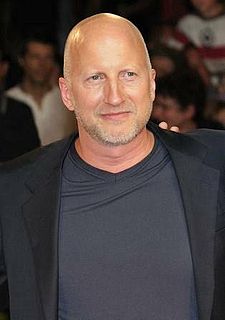A Quote by Richard M. Nixon
I never say something I cannot do. And I always will do more than I can say.
Related Quotes
Because it is gone you cannot say it will not return; even though you may say it has never yet returned-you cannot say that it will not. It is blasphemy to say a bit of metal has destroyed life, just as it is presumptuous to say that because life has disappeared it has been destroyed. I stood among the heaps of the dead and I knew-no, I felt that death is only a sound we make to signify the Thing we do not know.
Intuitionists think that there are cases in which, say, some identity statement between real numbers is neither true nor false, even though we know that it cannot possibly be false. That is: We know that it cannot not be that a = b, say, but we cannot conclude that a = b. We can't, in general, move from not-not-p to p in intuitionistic logic. , I suggest that the believer in vague objects should say something similar. It can never be true that it is vague whether A is B. But that does not imply that there is always a fact of the matter whether A is B.
Even a good marriage leaves people with longings for certain things their marriage will never be. So, do they accept that, make compromises, and say, "You can't have everything in life," which is what we always did? Or do they say, "I deserve more. I want to experience that thing and, you know, I have fifty more years to live than I used to." It's not necessarily that we have more desires today, but we do feel more entitled to pursue them. We live in this "right to happiness" culture, and yes, we do live half a century longer than we used to.
We hope that there will be nothing that conflicts with anybody's religion or faith. We would never say a person's religion is not effective. We say, 'Would you be interested in something more effective?' We always put things in an optimistic, progressive perspective. 'Do you want to make your prayers more effective? Not that they are not effective, but do you want to help them become more effective?'


































